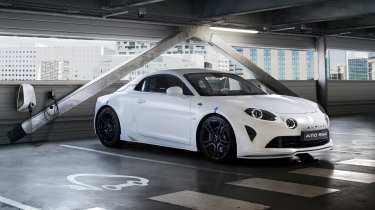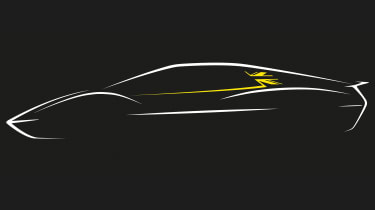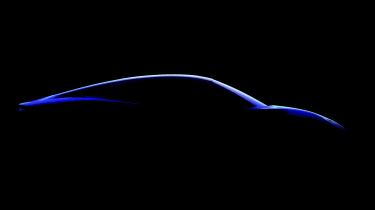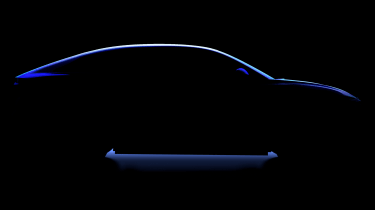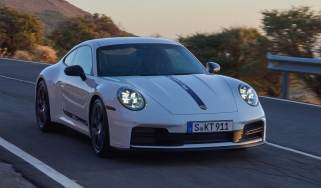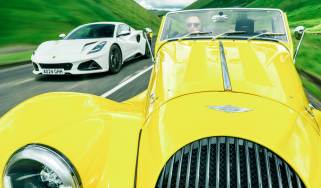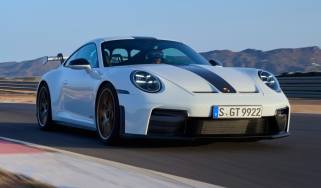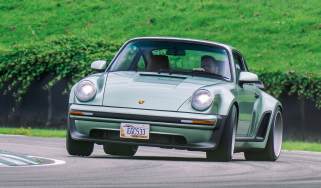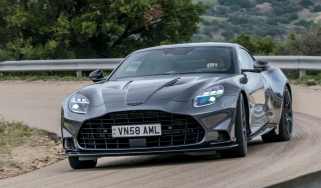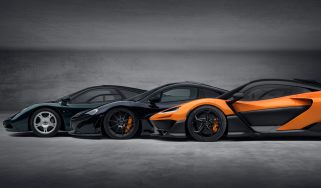New Alpine A110 goes electric
French sports car to be replaced by battery electric sports car co-developed by Lotus.
Renault has announced that Alpine is to become an electric car manufacturer focussing on bespoke performance cars and high performance variants of future Renault products. Its sports car plans will see the Dieppe-based firm work directly with Lotus on the development of a new battery electric sports car that will eventually replace the A110. The move is part of a wider restructure of Renault’s product strategy set out by the company’s CEO, Luca de Meo, who joined from Seat in the summer of 2020.
Under de Meo’s plan Alpine’s future product plan will be “100 percent electric”, with a range of models built on two of the current platforms within the Renault-Nissan-Mitsubishi Alliance. These models will replace the Renault Sport Clio and Megane hot hatches that have enjoyed class leading success for the last two decades and be joined by at least one Alpine tuned SUV.
This new jointly developed electric sports car will also join the Evijia hypercar and Eletre SUV in Lotus's plans to become a full electric car manufacturer. Its Emira sports car will be the last to be powered by an internal combustion engine.
Before the first Lotus-Alpine developed sports car arrives in 2024 (at the earliest), the French manufacturer has revealed the A110 E-Ternite, a 100 percent battery powered A110 sports car, featuring a 240bhp 60kW battery taken from the Megane E-tech that will be capable of a 260 mile range and 0-62mph in 4.5 seconds.
Speaking at the announcement of the collaboration between Lotus and Alpine at the beginning for 2021, Laurent Rossi, CEO Alpine, said: “The signing of this MoU with Lotus shows the lean and smart approach we’re implementing as part of the new Alpine brand strategy. Both brands have an amazing legacy and we are most excited to start this work together, from engineering tailored solutions to developing a next-generation EV sports car. This collaboration along with our transformation mark the beginning of a new era in which we’ll be taking the Alpine name and line-up to the future. We’re putting F1 at the heart of our business, leveraging our in-house expertise and best-in-class partners such as Lotus to inject our cars with leading-edge performance, technology and motorisation”.
Lotus CEO at the time of the MoU being signed, Phil Popham, echoed Rossi’s thoughts. “Today’s announcement is the first step in what is set to be a hugely rewarding collaboration between our iconic brands. We are proud to be working with Groupe Renault in this collaboration – sharing Lotus’ technical expertise and abilities, and leveraging our long track record of successful collaborations. Our companies have much in common – from a pioneering pedigree in light-weighting, to championship-winning sportscars which perform as impressively on the road as they do in the motorsports arena. It is a natural fit in many ways and the co-development of an EV sportscar is hugely exciting for our companies, our fans and customers around the world. The joint-services element of our agreement will additionally make our engineering expertise available to those wishing to engage our innovations.”
Alpine to develop performance Renault models
Alpine will be responsible for developing performance variants of the new Renault 5, as the firm brings back the iconic name for its new B segment hatch as a compact all electric car in 2025. The next generation electric Megane will also feature an Alpine model but we’ll have to wait until the next Clio for the first Alpine version of the company’s biggest selling model. Inevitably de Meo’s plan will also mean the Alpine name will also appear on a number of crossovers and SUVs.
Having incorporated Renault Sport Cars and Renault Sport Racing in 2020, Alpine now takes responsibility for the firm’s Formula 1, Le Mans and all other motorsport activities.
De Meo’s restructuring of the Renault portfolio will see the French manufacturer switch its focus from volume to value, a move that will call to an end to his predecessor’s, Carlos Ghosn, ambition for Renault - as part of the wider alliance with Nissan and Mitsubishi - to become the third largest car manufacturer in the world. Now, under De Meo, the group will focus on operating margins, cash flow and profitability and implementing strict return on investment metrics.
After making a loss in 2018 and securing a state backed €5bn loan De Meo will also deliver €2bn of savings through a range of cost cutting measures, including reducing the Groups number of platforms by 50 per cent to just three. The number of powertrains Renault will make will also be reduced from eight to four, with one petrol and diesel engine and two electric powertrains; the petrol unit will be adapted for all models and include hybrid options.

